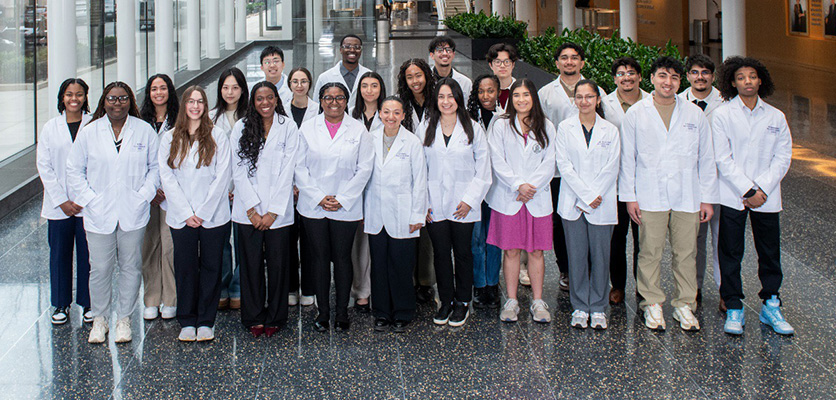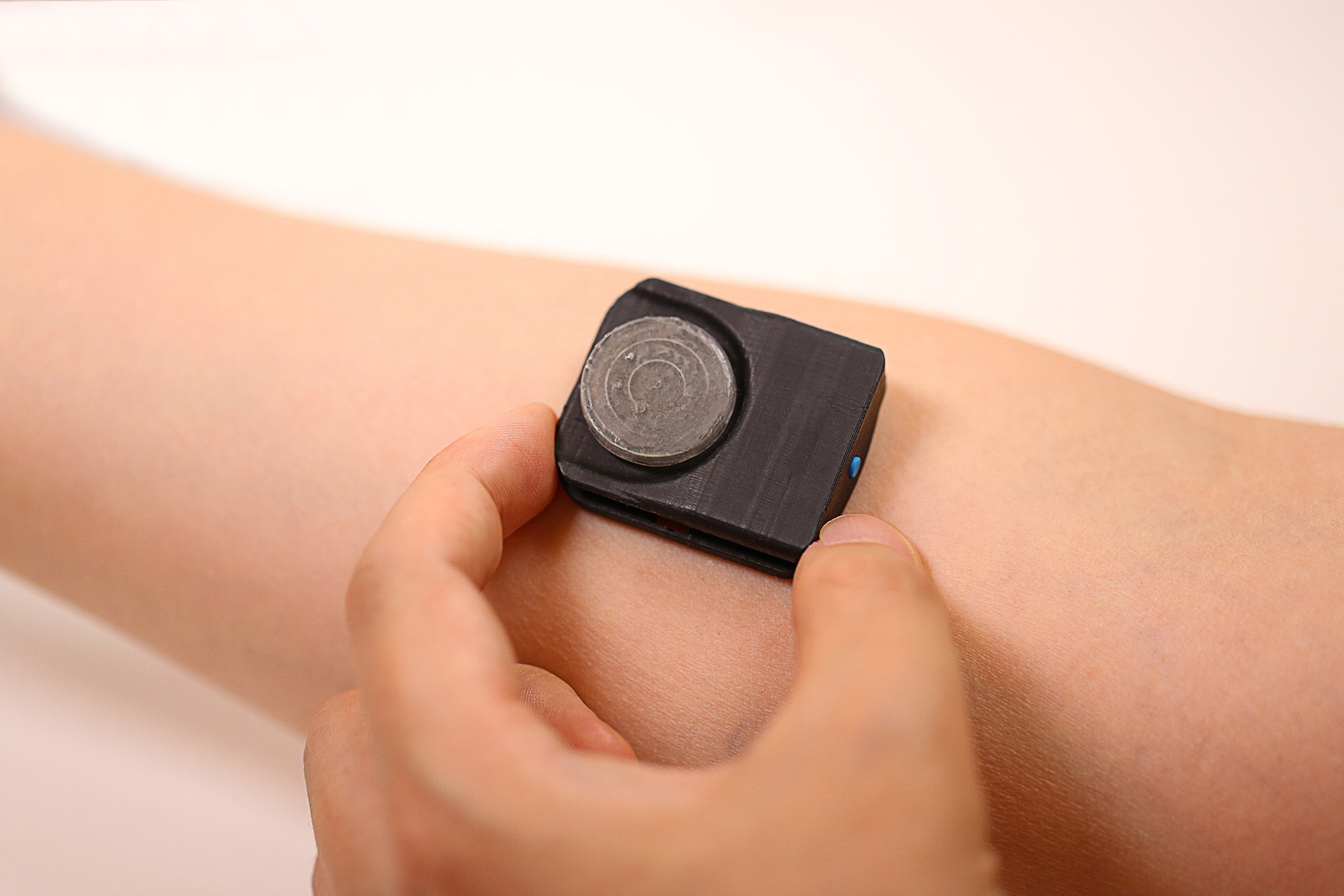Author: kwm107
-

New Wearable Tech Simulates Realistic Touch
In a study published in Science, Northwestern University engineers have unveiled a new technology that creates precise movements to mimic complex sensations including pressure, vibration and stretching.
-

The Antibiotic That Takes the Bite Out of Lyme
A new Northwestern study shows piperacillin, an antibiotic, effectively cured mice of Lyme disease at a dose 100 times smaller than the effective dose of doxycycline, the current gold-standard treatment.
-

Post-Treatment Lyme Disease Syndrome May Be Driven by Remnants of Infection
A new Northwestern study may explain why the body may continue to respond to an invisible threat long after bacterial death in Lyme disease.
-

Northwestern Launches Pioneering Medical Research Institute With $10 Million Gift From Trustee Kimberly Querrey, Bringing Her Total University Giving to $391 Million
Northwestern University Trustee Kimberly K. Querrey has made a $10 million gift to create and enhance the Querrey Simpson Institute for Regenerative Engineering at Northwestern University.
-

ALS Drug Effectively Treats Alzheimer’s Disease in New Animal Study
A small-molecule compound developed by Northwestern scientists improves neuron health in animal models of Alzheimer’s disease, according to a new study published in PNAS.
-

Leading Precision Medicine Expert, Mohamed Abazeed, MD, PhD, Named Chair of Radiation Oncology
Mohamed Abazeed, MD, PhD, associate professor of Radiation Oncology and co-leader of the Robert H. Lurie Comprehensive Cancer Center of Northwestern University’s Lung Cancer Program, has been named chair of the Department of Radiation Oncology.
-

NUDOCS Program Guides Aspiring Physicians on the Path to Medicine
Northwestern undergraduate students interested in pursuing careers in medicine recently participated in the NUDOCS program, an immersive experience designed to provide hands-on exposure to clinical and community healthcare settings.
-

New Key Genes in Parkinson’s Disease Identified Using CRISPR Technology
A new Northwestern Medicine study published in Science has identified a new set of genes that contribute to the risk of Parkinson’s disease, opening the door to previously untapped drug targets for treating the disease.
-

New Wearable Device is the First to Gauge Health by Sensing Gases Through Skin
Northwestern University scientists have developed the first wearable device for measuring gases emitted from and absorbed by the skin, according to a new study published in Nature.
-

Food Insecurity Now, Heart Disease Later
Young adults experiencing food insecurity have greater risk of developing heart disease in midlife, even after accounting for other socioeconomic factors, according to a recent study.






